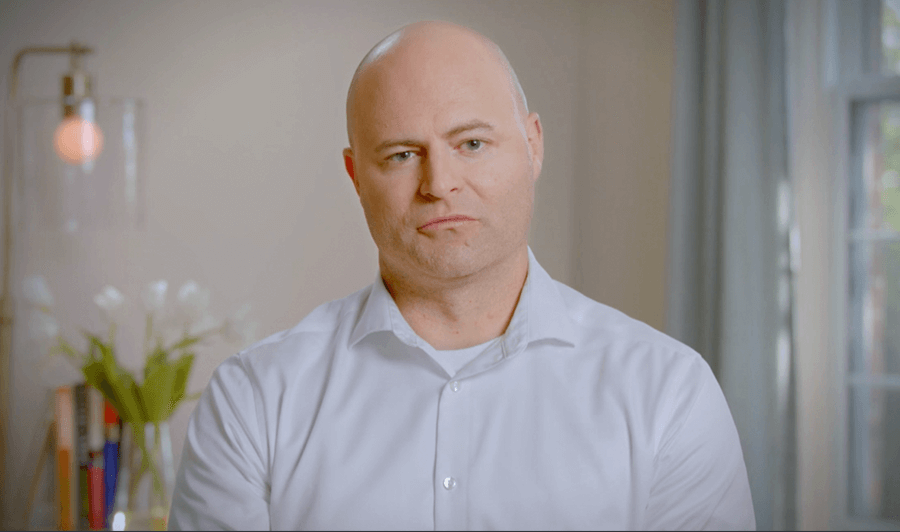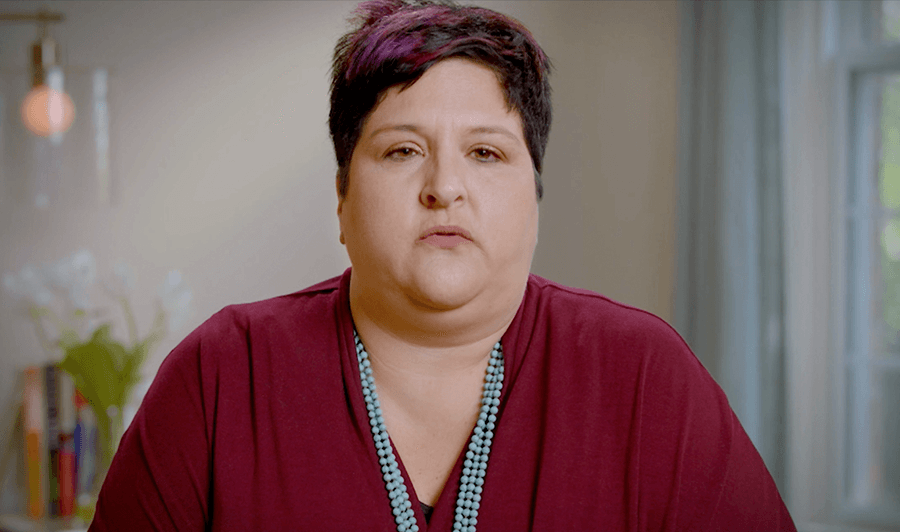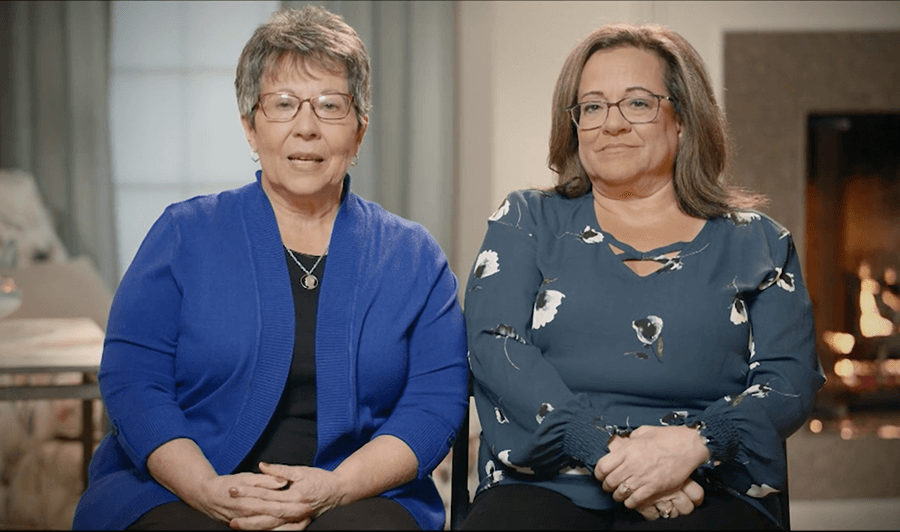Semi-Truck Accident Lawyer Representing Injury Victims in Marion, Iowa
You are in the right place if you need legal help after a tractor-trailer collision in Marion, Iowa. RSH Legal attorneys have represented victims of Marion truck accidents for over 30 years.
Our lawyers have recovered millions of dollars for those Iowans whom trucking companies may have otherwise taken advantage of.
Living in Marion means sharing the road with large trucks. Unfortunately, semi-trucks can pose a danger to other motorists if they are not driven safely. As the second largest city in Linn County, Iowa, Marion has a significant amount of tractor-trailer traffic. Manufacturers like Timberline Manufacturing Company, Dascoa, Inc., Automation Systems and Control, Inc., and M & E Management, Inc. all attract a steady stream of semi-trucks.
U.S. Highway 151 and Iowa Highway 13 run north-south through Marion and both have a lot of 18-wheeler traffic. Many truckers driving through Marion use local truck stops like Pilot Travel Center, Casey’s, and Anamosa Travel Mart.
In addition, Marion, Iowa is home to local trucking companies like Hill & Williams Brothers, Inc., Batcheler Logistics, Inc., and Folsom, Inc. The result is that there are a lot of trucks on the road in Linn County, Iowa, and there are too many truck wrecks in Marion in particular.
If you want an expert in Marion truck crash cases, contact RSH Legal today at 1-800-433-0283. Our skilled truck crash lawyers can fight for fairness for you.
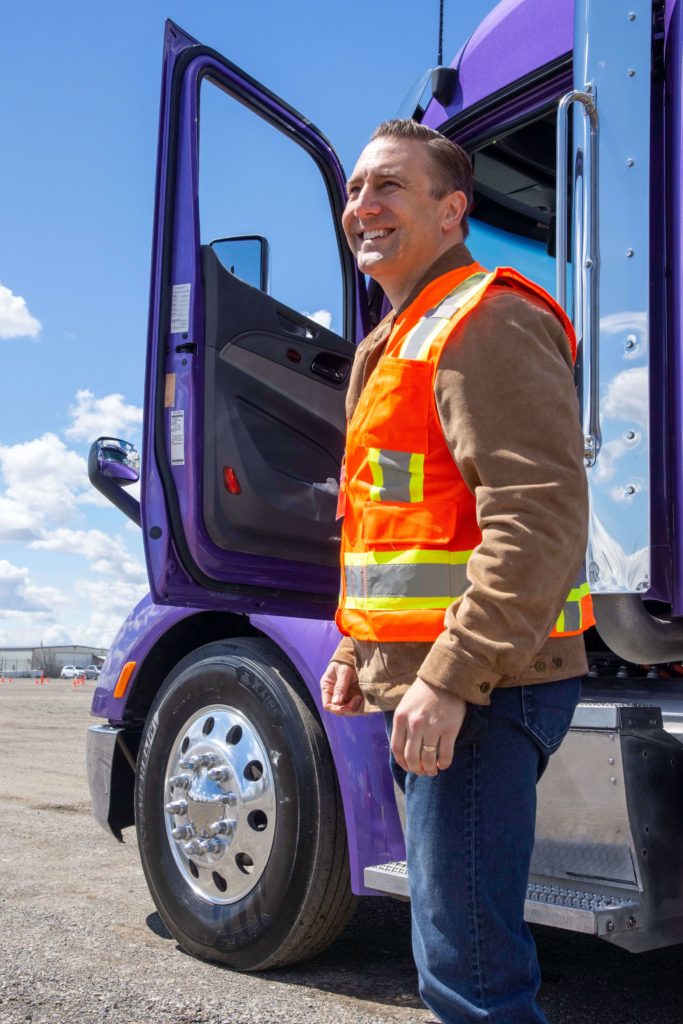
What kind of compensation is available for people hit by a negligent truck driver in Marion?
Iowa law recognizes several different categories of compensation – often called “damages” – which can be sought after a truck crash.
One sub-set of damages is often referred to as “economic” damages. Economic damages in an Iowa semi collision case can include:
Property damage:
If the truck driver was at fault and your personal property was damaged or destroyed, you have a claim to be reimbursed for property damage. For vehicle damage, you are entitled to receive the reasonable cost to repair your vehicle if the cost of repair does not exceed the reasonable market value of your vehicle.
If the cost of repairing your vehicle would be more than the reasonable value of your vehicle, then you are only entitled to receive the reasonable market value of your vehicle. You do not typically have a claim for the cost to replace your vehicle unless you have purchased personal insurance that offers that type of benefit.
Another common component of a vehicle property damage claim is the cost of a rental car. While your vehicle is being repaired, or if you must get a new vehicle, you are also entitled to the value of the loss of use of your vehicle for the time reasonably required to repair it or to obtain a replacement. That means, if your vehicle is damaged or destroyed in the truck crash, the trucking company or its insurance company owes you for the value of a rental car during the time required to get your vehicle repaired or replaced.
Past medical expenses:
If the truck driver’s negligence caused your Marion truck accident and you were injured, you are entitled to be compensated for the reasonable cost of hospital charges, doctor charges, prescriptions, and other medical services you required for your crash-related injuries. Under Iowa law, however, the trucking company or its insurance company is only required to pay the reasonable cost of these medical expenses.
In determining the reasonable cost, Iowa juries are allowed to consider what was charged and what was actually paid. Health insurance companies often have arrangements with medical care providers so that the health insurance company does not have to pay 100% of the billing price.
Therefore, the amount you can receive for past medical expenses is often less than the “sticker price” of your medical treatment. A calculation of past medical expenses requires communicating with your health and auto insurance companies to find out exactly what they paid and talking to your medical providers to get an accurate accounting of any outstanding balances.
Future medical expenses:
If your semi-crash-related injuries will likely require medical treatment in the future, you can also make a claim for future medical expenses.
There are two important qualifications to this type of compensation.
First, Iowa law requires expert medical testimony to support a claim for future medical expenses. That means a qualified medical provider must be willing to say that it is more likely than not that you will require a particular type of reasonable and necessary medical treatment in the future because of your truck accident injuries. Without this type of proof, you are not eligible for future medical expenses.
Second, Iowa law only allows you to receive the “present value” of this future treatment. That means that you are only entitled to the amount of money that if invested now at a given rate of compound interest will accumulate exactly to a specified amount at a specified future date.
Lost earnings:
If your injuries from a Marion truck wreck stopped you from making money for a period of time before your trial, you can make a claim for lost earnings.
You have the burden of proving (1) that your crash injuries prevented you from working during that time; and (2) the amount you would have likely earned during that time.
Typically, a lost earning claim requires both medical documentation – like a doctor’s note excusing you from work – and financial documentation from an employer or your business showing the value of the work you missed because of your injuries. Iowa law also requires you to provide your tax returns to document your past earnings history.
Loss of future earning capacity:
If you can prove that your truck accident injuries will likely prevent you from earning money in the future, you can also make a claim for loss of future earning capacity.
Again, Iowa law places the burden on the injured party to prove (1) that your crash injuries will likely prevent you from earning what you could have earned before your injury; and (2) the amount you would have likely earned during your lifetime if you had not been injured.
Like with the future medical expense calculation, this number must be reduced to the present value. Likewise, expert testimony is frequently necessary to be eligible for this type of compensation for future loss.
These calculations can be complex and are best figured out by an experienced truck attorney. We offer a free, no-obligation case evaluation – call us at 1-800-433-0283.
Common Causes of 18-Wheeler Wrecks in Marion
Studies show that most large truck accidents can be traced back to several common causes. This is important because responsible trucking companies should be aware of these typical crash factors and should have procedures in place to prevent them.
Road construction
Road construction can cause unusual traffic patterns and delays. Truck drivers are often “on the clock” and become impatient. For that reason, truck drivers who encounter tricky road construction situations may try to maneuver around the construction via a road shoulder or median, which can cause them to flip or cause a collision with another vehicle.
Cargo issues
Trucks that carry large loads often experience tire blowouts. Tire blowouts can lead to a loss of control and obstruction of the roadway. Tractor-trailers may also tip over after a turn or lane change because they are carrying too much weight. Flatbed trailers can sometimes lose their load – resulting in cargo obstructing the road or hitting another vehicle.
Brake/vehicle failure
Though most truck accidents are due to truck driver error, this is not always the case. Sometimes the trucking company or vehicle manufacturer is at fault because the tractor-trailer was not properly inspected or maintained, or it had a defective part.
Due to the size and weight of a semi-truck and its high mileage usage, brake failure is a common cause of trucking accidents. That is why the Federal Motor Carrier Safety Regulations cover inspection and maintenance issues for large commercial trucks.
Driving under the influence
The Federal Motor Carrier Safety Administration mandates that the blood-alcohol concentration (BAC) threshold is .04% for commercially licensed drivers, which is half of the .08% BAC threshold for other drivers in most states. Truck drivers are not permitted to consume alcohol within four hours of driving a company commercial vehicle. They cannot have alcohol while on duty. Driving while under the influence is a crime, no matter the circumstances, and can have extreme consequences for everyone on the road with the drunk driver.
Poor lighting
At night, poorly lit highways and roads can make it harder for truck drivers to see curves, narrow roads, or other drivers. Because a tractor-trailer is harder to maneuver than a typical passenger car, limited visibility can lead to more accidents. For this reason, truck drivers are not supposed to “overdrive” their headlights and are taught to use extreme caution in weather conditions that impact visibility.
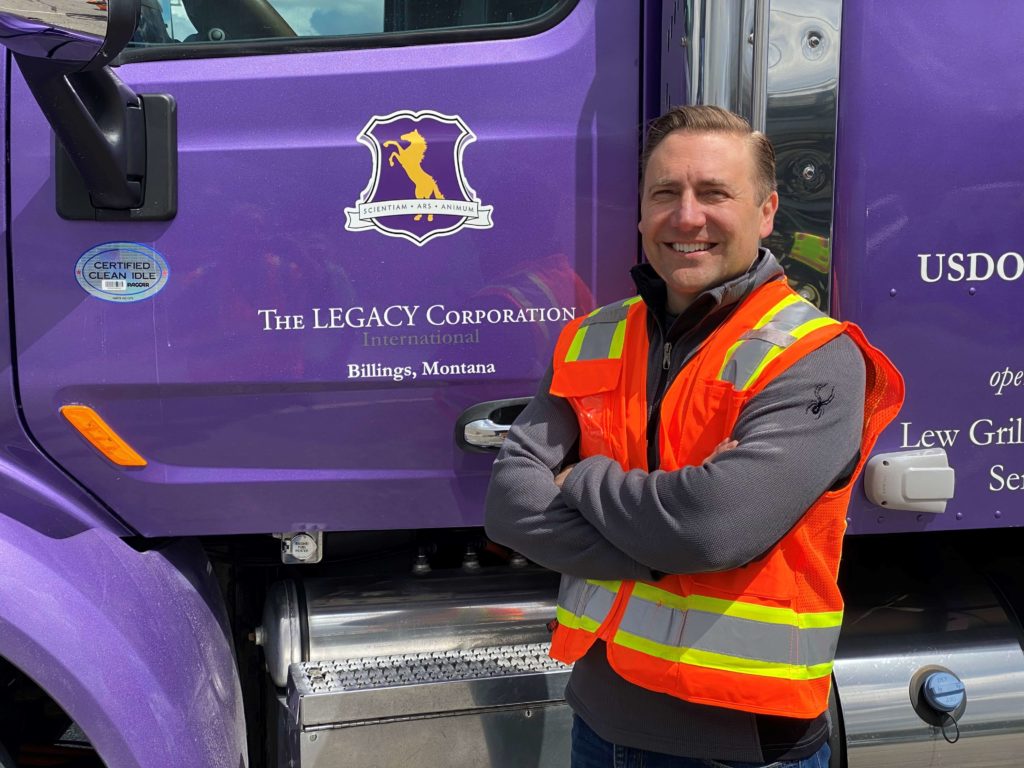
What does the path to compensation look like after a Marion tractor-trailer collision?
Here are the possible steps after a truck accident injury:
Step 1: Request Help
If you contact us with questions about a Marion semi crash, if we can help, we will respond with free legal information or schedule a free case evaluation.
Step 2: Free Case Evaluation
In a free case evaluation, we interview you to determine whether we can be of assistance to you, answer your questions and if we can, we offer to take your case. If you decide to hire us, you sign a written contract.
Step 3: Investigation and Documentation
After we are hired, we perform the legal research and fact-finding necessary to document the validity of your case and the extent of your harm and losses. Sometimes, this stage requires identifying and hiring expert witnesses.
Step 4: Pre-Lawsuit Negotiation
When our investigation and documentation of your crash-related harms and losses is complete, we will guide you in making a fair settlement demand to the trucking company and its insurance company. If a fair settlement can be negotiated, your case can be completed at this stage.
Step 5: Lawsuit
If a fair settlement cannot be reached, you can choose to have us file a lawsuit. At this stage, the trucking company will hire lawyers to defend it against your lawsuit.
Step 6: Discovery
During this stage, the lawyers for both sides exchange information about their cases. You will have to answer written questions from the other side and, often, participate in a deposition where the lawyers for the trucking company will ask you verbal questions. We often continue settlement negotiations during the discovery stage as both sides learn more information about the wreck and its impact on your life.
Step 7: Mediation (Optional)
This is an optional event that can occur if both sides agree to hire a neutral mediator to broker a settlement before trial.
Step 8: Trial Preparation
If it becomes clear that both sides cannot agree upon a settlement, we prepare your evidence and witnesses for trial.
Step 9: Trial
We present your case to an Iowa jury who will decide questions of fault, causation, and damages.
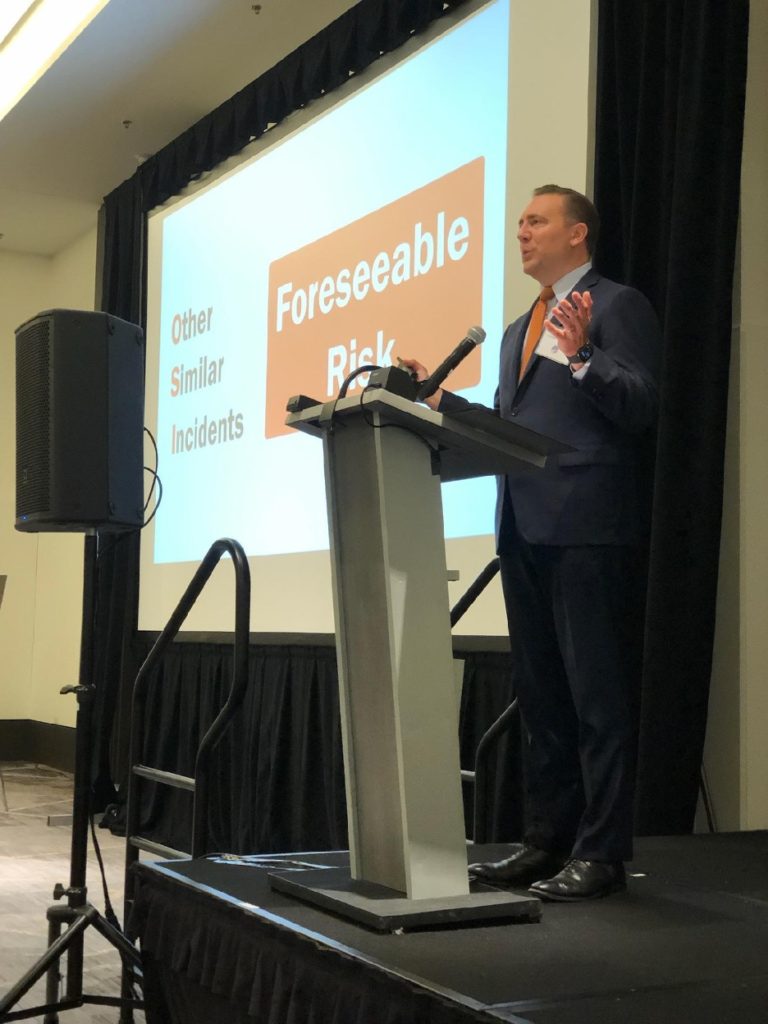
RSH Legal, a law firm located in Cedar Rapids, handles truck accident claims throughout Iowa, including Marion.
A car came through the median and we were hit head on. Every bone in my body from my lower jaw down to the bottom of my feet was broken. My medical bills were in the hundreds of thousands of dollars. I can’t imagine going through something like this without someone like Tim or RSH Legal.
See more Client ReviewsClient Reviews


